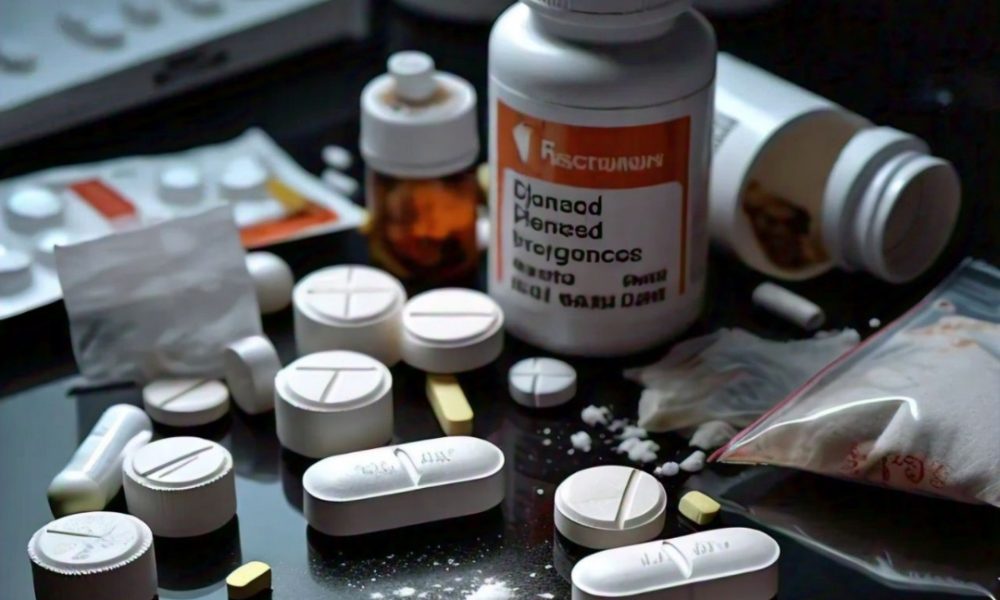Hard drugs, also known as illicit or street drugs, are substances that are illegal to possess, use, or distribute. These substances can have serious and potentially life-threatening consequences, and it’s essential to understand the risks and dangers associated with them.
What are Hard Drugs?
Hard drugs include a range of substances, such as:
- Heroin: A highly addictive opioid that can lead to overdose and death.
- Cocaine: A powerful stimulant that can cause heart problems, strokes, and seizures.
- Methamphetamine: A highly addictive stimulant that can cause paranoia, anxiety, and aggression.
- LSD: A hallucinogenic substance that can cause altered perceptions, anxiety, and psychosis.
- Ecstasy: A synthetic substance that can cause increased heart rate, blood pressure, and body temperature.
Risks and Consequences of Hard Drugs
Using hard drugs can lead to a range of serious health problems, including:
- Addiction: Hard drugs can be highly addictive, leading to physical dependence and withdrawal symptoms.
- Overdose: Taking too much of a hard drug can lead to overdose, which can be fatal.
- Infectious diseases: Sharing needles or other equipment can lead to the transmission of infectious diseases, such as HIV and hepatitis.
- Mental health problems: Hard drugs can cause anxiety, depression, and psychosis.
- Criminal activity: Using hard drugs can lead to involvement in criminal activity, such as theft and violence.
Signs and Symptoms of Hard Drug Use
If you suspect that someone is using hard drugs, look out for the following signs and symptoms:
- Changes in behavior: Sudden changes in behavior, such as mood swings, irritability, and paranoia.
- Physical symptoms: Signs of physical dependence, such as withdrawal symptoms, weight loss, and poor hygiene.
- Financial problems: Unexplained financial problems, such as missing money or valuables.
- Social problems: Social problems, such as relationship breakdowns and loss of friends.
Getting Help for Hard Drug Addiction
If you or someone you know is struggling with hard drug addiction, it’s essential to seek help. Here are some steps you can take:
- Seek professional help: Consult a doctor, therapist, or counselor who specializes in addiction.
- Join a support group: Join a support group, such as Narcotics Anonymous, to connect with others who are struggling with addiction.
- Consider rehab: Consider entering a rehabilitation program to receive treatment and support.
Hard drugs can have serious and potentially life-threatening consequences. It’s essential to understand the risks and dangers associated with these substances and to seek help if you or someone you know is struggling with addiction.

